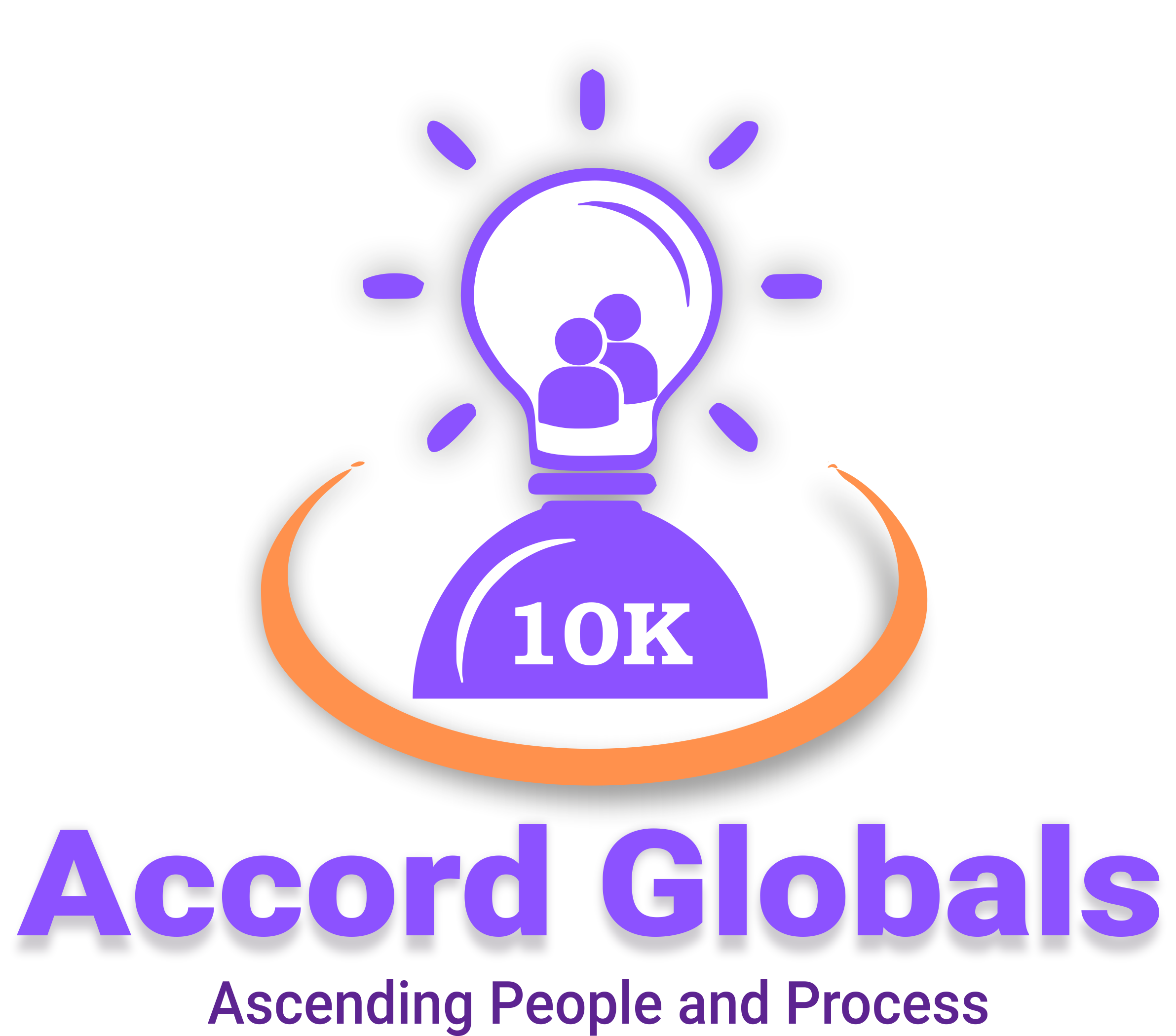Career grits we can make for dealing with any uncertainty.
- Building new skillset:
We are in such a blissful era where technology is growing exponentially and more importantly in almost every vertical of the job market, and so does the necessity to hire people that understand the cutting edge, means, apps, and platforms. Investing in ourselves and keeping our skills up-to-date is the key to keep up with the growth. Just not technology but the other life skills like EI (emotional Intelligence) Problem solving and to top it now is being productive in an agile and virtual working environment.

- Self-Encouragement:
It isn’t easy, we all know this, but do we not agree on “there’s always a new challenge to keep you motivated” more often. In fact most of the time it’s not that we lack motivation but the sense of our purpose. The deficit of self-motivation is the quickest flight to dissatisfaction in both our personal and professional life. There are plenty of ways to keep up and be self-motivated and have our minds at peace. Self-reflection, reading, taking up a new hobby, listening to podcasts, watching your favorite series there are resources in abundance, all you have to do is think what encourages or motivates you.
- Network:
It is said that “our network is our net worth” give it a thought, look around and think of all the successful people and the network that they have. It is definitely an add-on to have your help you on the way to your dreams, a part of being truly successful is whom all do you know and can leverage, so maybe it’s a good time to take some time to work on our networking skills and contribute to the net worth and why not.



